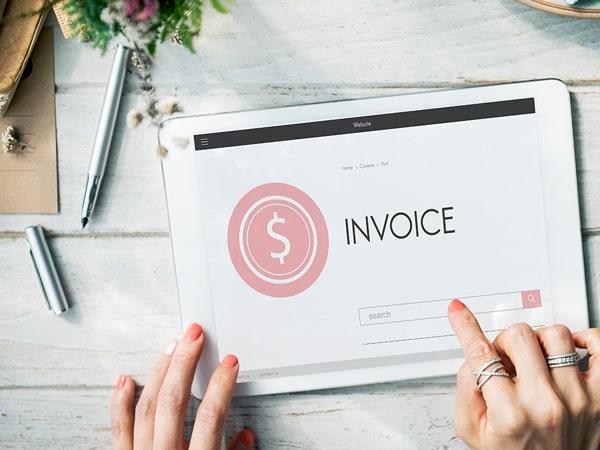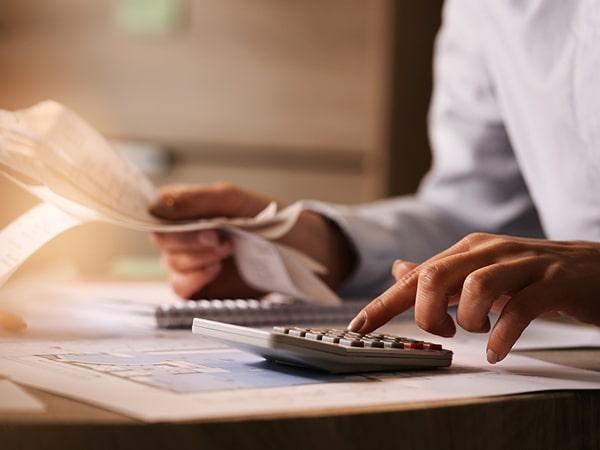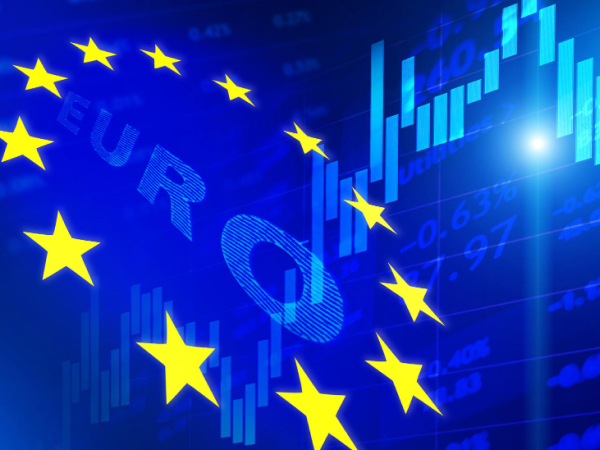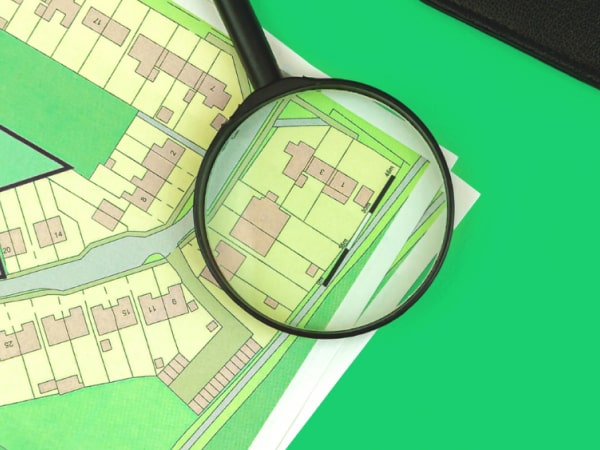- 8 minutes read
Table of contents
- What is a VAT Number?
- Format and structure of the VAT number
- When to Register for a VAT Number
- How to get a VAT registration Number
- Invoicing and Accounting Obligations with a VAT Number
- Overview of UK VAT Rates
- Where to Find Your VAT Number
- When to use the VAT Registration Number
- Need Help Getting a VAT Number?
- Conclusion
What is a VAT Number?
A VAT number, also known as a value-added tax identification number, is a unique identifier assigned by the government or tax authority to businesses or companies that are registered for VAT purposes. VAT is an indirect tax charged on the value added to a product or service at each stage of its production or distribution. Ultimately, the end consumer bears the cost of this tax. This article aims to explain what is a VAT registration number, how to get a VAT number, how to check a VAT registration number, where can I find my VAT number and other essential questions about the value-added tax.
Quickly select a jurisdiction and register your company anywhere in the world online
Format and structure of the VAT number
The VAT number format differs across EU member countries, with variations of numbers and letters. Typically, the EU VAT number varies between 8 and 12 digits across jurisdictions. In some states, VAT numbers may also include characters. For example, in Austria, it consists of the letter “U” at the beginning and the following eight digits.
Note that if a company uses the VAT number for intra-community trade purposes, two letters of country codes are inserted before it. Companies must pay close attention and use the correct format. Errors in the VAT number format can lead to delays or fines.
The UK VAT number consists of a two-letter country code (GB) followed by a nine-digit number. If a business is located in Northern Ireland and trades with the EU, it is required to use the prefix “XI” instead of “GB.” This is because Northern Ireland is a part of the UK but is also subject to some EU regulations under the Brexit agreement.
Understanding the format and structure of VAT numbers, including the EU and the UK VAT number format, is crucial for businesses. It is also a key indicator for tax authorities that use these numbers to track and collect taxes.

When to Register for a VAT Number
Do I need a VAT number? Businesses are required to register for a VAT number when their taxable turnover exceeds a certain threshold set by the tax authority in their country. This threshold can vary depending on the country and the nature of the business.
For example, a business needs UK VAT registration if its taxable turnover exceeds £85,000 in 12 months. A company must also get a VAT number if it expects its turnover to go over £85,000 in the next 30 days. However, businesses can also choose to voluntarily register for this tax even if their turnover is below the threshold. It can allow them to reclaim value-added tax on their expenses.
The company needs an EU VAT registration in the following situations:
- importing/exporting goods;
- domestic sales of goods/services if the turnover threshold is exceeded. The threshold varies among member states;
- intra-Community movements of goods;
When selling goods within a country, foreign companies must consider reverse charge rules. It requires the customer to calculate VAT in their return manually.
Businesses must keep track of their turnover and value-added tax obligations. It helps to ensure they register for a value-added tax promptly and avoid potential penalties or fines for non-compliance.
How to get a VAT registration Number
If you are wondering how to get a VAT number, note that the process of obtaining it may differ depending on the country where you need to register. However, some general steps are typically involved:
- Determine if you need to register. As mentioned, VAT registration is generally required for businesses that engage in taxable transactions within a country. Check with the tax authority in the country where you are conducting business to determine if you need to register.
- Complete the registration application. The application process for registering for VAT will also vary by country. You may need to complete an online application, submit paper forms by mail, or visit a tax office in person.
- Await approval and receive your VAT number. Once you have submitted your registration application, it may take some time to be approved. Once you are approved, you will receive your VAT registration number.
Note that the procedure varies among the jurisdictions. It’s a good idea to contact the Fintech Harbor Consulting team first to ensure compliance with all requirements. Our lawyers will provide an affordable answer to: “How do I get a VAT number?”.
Have questions? Contact us!
*Your contact information will be used for our inner purposes and only with the aim to provide you with the best business solutions.
Required Documentation for Registration
The documents required to obtain a VAT number may vary depending on the country and the nature of your business. However, in general, you will typically need to provide the following documents:
- Proof of identification. To verify your identity, provide a government-issued identification document, such as a passport or ID card.
- Proof of business registration. You will need to prove that your business is registered and operating legally in the country where you are applying for registration. It may include a business registration certificate, articles of association, etc.
- Description of business activities. You may need to provide a detailed description of your business activities and the types of goods or services you provide. This information will help the tax authorities determine whether your business is subject to registration.
- Proof of the legal representative’s authority. It can be a power of attorney or other legal documentation. Note that the company director may represent it without extra documents. All that is needed is to prove the identification of a director. If you want to learn more about the role of a director, read our article.
- Other supporting documentation. Depending on the country and the nature of your business, you may be required to provide additional supporting documentation.
Timeline for Receiving a VAT Number
The timeline for receiving a value-added tax identification number can vary depending on the country where you are applying and the specific procedures and processing times of the tax authority. Overall, the time it takes to receive a VAT number can range from a few days to several weeks.
The timeline for receiving UK VAT numbers can vary depending on the method of application, the complexity of the application, and the workload of the tax authority.
If you submit your application by mail, it usually takes approximately 30 days to receive it. If you apply online, the process may shorten to 20 days.
If the tax authority requires additional documentation or clarification, the process may take longer.

Invoicing and Accounting Obligations with a VAT Number
Having a VAT number comes with invoicing and accounting obligations that businesses must adhere to. Invoicing is an essential part of accounting. Companies must issue proper invoices to their customers to comply with regulations. Overall, invoices should include the value-added tax number of both the supplier and the customer, the date of the invoice, the goods or services provided, the price, and the amount of charged tax. It’s crucial to ensure that invoices are accurate and complete.
Besides, businesses with a VAT number must also maintain accurate and complete accounting records. These records should include details of all transactions involving the supply of goods and services, purchase invoices, sales invoices, credit notes, bank statements, and other financial documents. It’s vital to keep these records up-to-date and accurate. Tax authorities may require it for auditing purposes anytime.
Another important accounting obligation is submitting periodic value-added tax returns to the tax authority. The frequency of returns can vary by country. In general, they must be submitted on a quarterly or monthly basis. The VAT return should include details of all sales and purchases, the amount of charged tax, and the amount of paid tax. It’s important to submit these returns on time to avoid late filing penalties.
Overview of UK VAT Rates
The standard rate of value-added tax in the UK is 20%, which is the rate charged on most goods and services. However, some goods and services are exempt from VAT or subject to a reduced rate.
The reduced rate in the UK is 5%. It applies to certain goods and services, such as:
- Domestic fuel and power
- Energy-saving materials
- Children’s car seats
- Mobility aids for the elderly
- Sanitary products
There are also some goods and services that are exempt from VAT in the UK, which means that no VAT is charged to them. These include:
- Education and training
- Healthcare and medical services
- Finance and insurance services
- Gambling and lotteries
- Postal services
In addition, some goods and services are subject to special value-added tax rules, such as:
- Zero-rated goods, which are taxable but at a 0% rate. This includes items like books, newspapers, and some types of food.
- Goods and services that are subject to the reverse charge mechanism. It applies to certain types of services provided by businesses based outside the UK to customers in the UK. In these cases, the customer is responsible for accounting for and paying the tax to HMRC, rather than the supplier.

Where to Find Your VAT Number
If you are a registered business, you can find your VAT number on your VAT registration certificate. This certificate is typically issued when you first register for value-added tax. It contains important information such as your VAT number, your business name, and your effective date of registration. You should keep this certificate in a safe place as you will need it for invoicing and other accounting purposes.
If you have lost your registration certificate or need to verify your VAT number, you can check any invoices or receipts you have issued, as they may also include your it. Additionally, you can contact the tax authority in your country and request a copy of your certificate. Some tax authorities may also have online systems where you can search for and confirm your VAT number. If you are still unsure, you can contact a Fintech Harbor Consulting team for assistance in locating your value-added tax number or verifying your registration status.
When to use the VAT Registration Number
A VAT registration number is typically used for invoicing, accounting, and tax reporting purposes. Here are some specific situations where you would need to use your identification number:
- Invoicing customers. When you issue an invoice to a customer, you must include your VAT number on the invoice if you are registered.
- Receiving invoices from suppliers. If you receive invoices from suppliers that include VAT, you need to record their VAT registration numbers for your accounting records.
- Submitting returns. As a VAT-registered business, you are required to submit regular value-added tax returns to the tax authority. You will need to include your identification number on these returns.
- Corresponding with the tax authority. When corresponding with the tax authority regarding your value-added tax affairs, you should include your VAT registration number to help them identify your account.

Need Help Getting a VAT Number?
Fintech Harbor Consulting is a professional firm that can assist you with obtaining your VAT registration number. Our experienced team of tax consultants can guide you through the entire process, from determining if you need to register to completing the registration application and submitting supporting documentation. We can also provide advice on invoicing and accounting obligations with a VAT number.
At Fintech Harbor Consulting, we understand that navigating the complex world of value-added tax regulations can be overwhelming. That’s why we offer tailored solutions to meet your specific needs, whether you’re a small business or a large multinational corporation. Our goal is to help you stay compliant with all tax requirements and avoid any potential penalties or fines.
Contact us today to learn more about how we can help you retain your VAT registration number and ensure that your business is operating in compliance with all regulations.
Conclusion
Value-added tax is a tax that applies to all commercial activities involving the production and distribution of goods and the provision of services. However, if the person’s annual turnover is below a certain limit (known as the threshold), which varies by jurisdiction, they are not required to charge VAT on their sales. Although the seller is responsible for paying the tax to the revenue authorities, it is paid by the buyer as part of the price, making it an indirect tax. The tax is calculated as a percentage of the price, making the tax burden visible at each stage of the production and distribution chain.
Every business needs to understand whether its operations fall under value-added taxation. If those requirements a met, Value-added tax registration is mandatory. It makes your business a fair player and mitigates the risks of legal liability for non-compliance with value-added tax rules.













